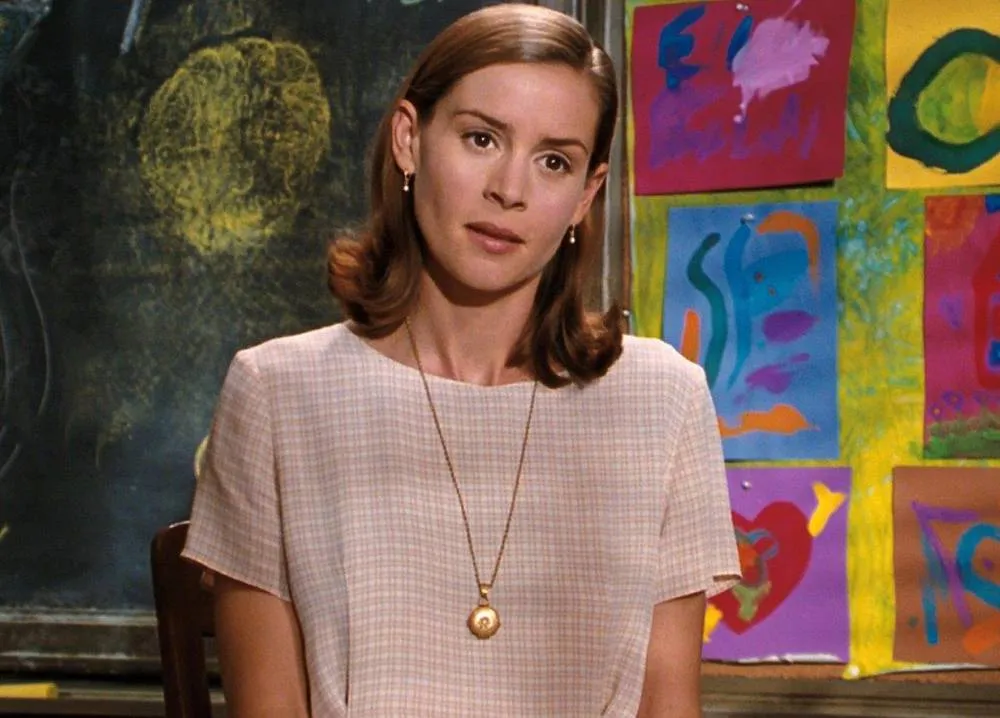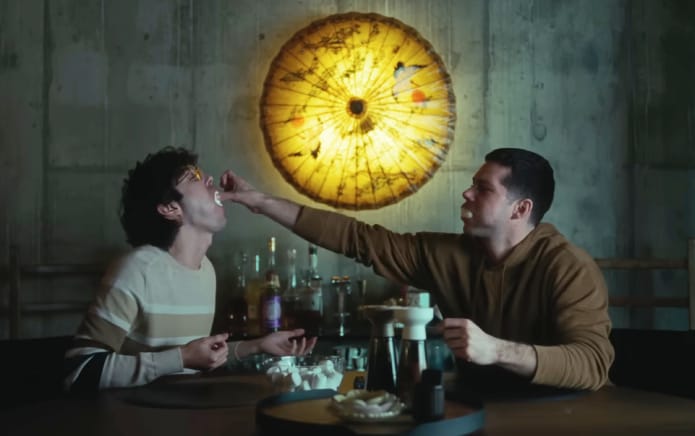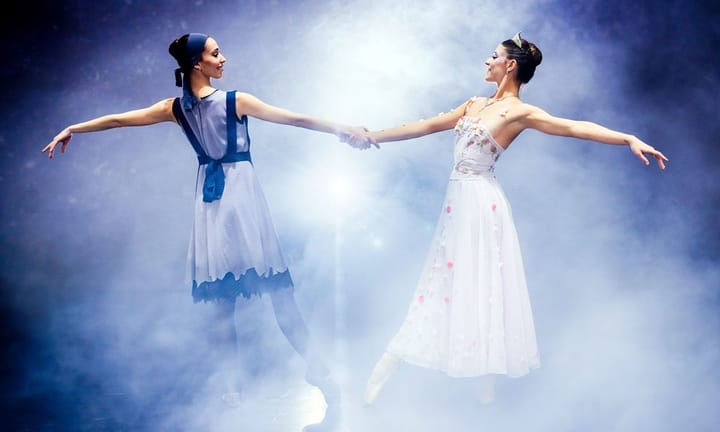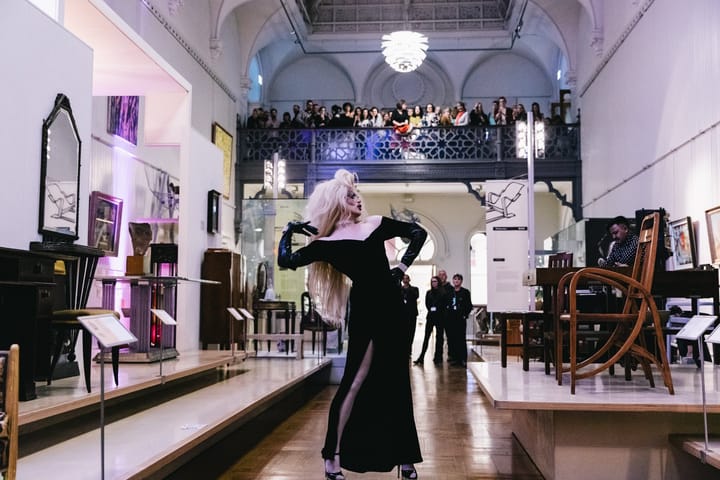"She’s become a gay icon now." Matilda star Embeth Davidtz reflects on Miss Honey’s queer appeal

Embeth Davidtz, best known for her role as the gentle and nurturing Miss Honey in Matilda, has finally addressed a long-standing cultural phenomenon: the character’s status as a gay icon.
In a wide-ranging interview with The Independent, Davidtz reflected on her career, her directorial debut, and the unexpected legacy of Miss Honey. “She’s become a gay icon now,” Davidtz laughed. “For lots of young girls, especially.”
Miss Honey, with her soft-spoken warmth, floral dresses, and quiet strength, has long resonated with LGBTQ+ audiences. Davidtz believes the character’s appeal lies in her embodiment of unconditional love and safety. “I think we all have this idealised version of a mother, a teacher, a guardian or a friend when we’re young,” she said.
“Miss Honey is just someone who would really protect you when the chips are down. If you’re neglected, she’d come and rescue you. If you’re realising that you’re gay and can’t tell anybody just yet, she would see you and understand you and accept you.”

Davidtz’s portrayal of Miss Honey in the 1996 film adaptation of Roald Dahl’s Matilda has endured across generations, becoming a symbol of found family and emotional refuge. Her comments come at a time when nostalgic tributes to the film are flourishing online, and queer audiences continue to celebrate Miss Honey as a figure of quiet empowerment.
Now 60, Davidtz has stepped behind the camera for her directorial debut, Don’t Let’s Go to the Dogs Tonight, a powerful adaptation of Alexandra Fuller’s memoir about growing up in apartheid-era Rhodesia. The film, which opens in UK cinemas this week, explores themes of race, trauma, and identity - subjects Davidtz says she was determined not to dilute.
Despite her success in iconic roles like Helen in Schindler’s List and Natasha in Bridget Jones’s Diary, Davidtz admits she never quite played the Hollywood game. “I picked stuff that spoke to me, rather than listening to those clever agents saying, ‘Here, build a career this way,’” she said.
But for many, it’s Miss Honey who remains her most enduring legacy. As Davidtz puts it, “She just came to represent something so much bigger than what we knew at the time.”





Comments ()